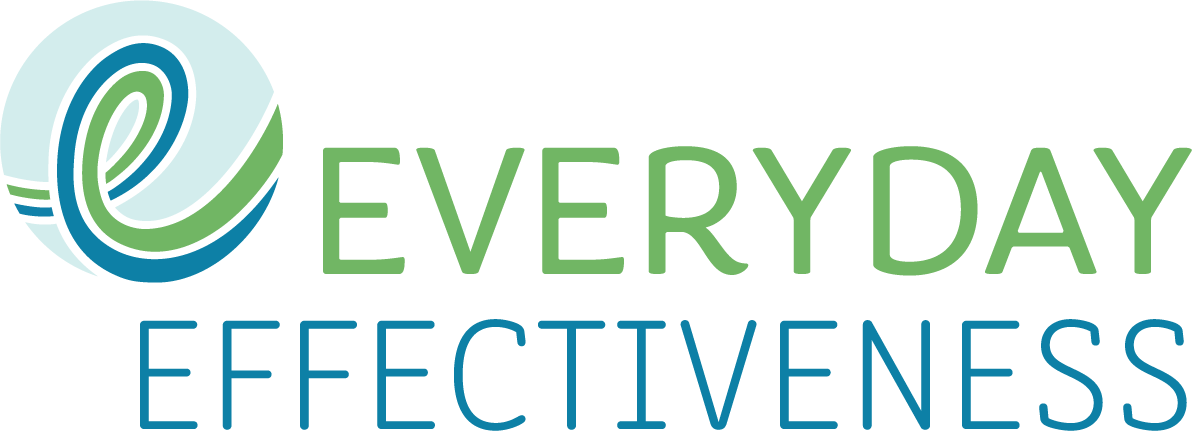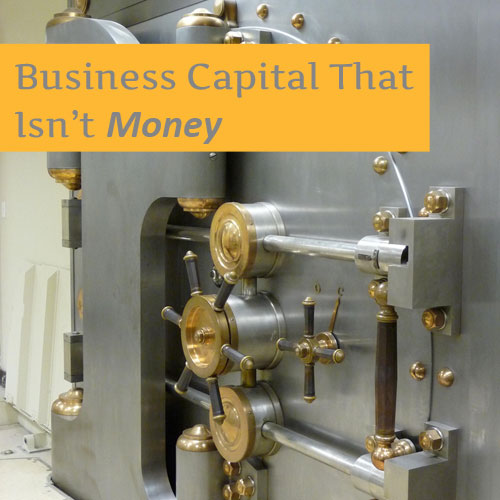When I was first starting out as a consultant I would often hear the “wiser” consultants say that the reason a business failed was that they were under-capitalized.
That made sense – having enough funds to get started is important. But in this age of $100 start-ups, is under-capitalization still a problem? Always … it just depends on what type of business capital you are actually talking about!
Some businesses will always require a substantial amount of financial capital. But in the Internet age where books can be downloaded electronically, consultation can take place over Skype and training can happen via webinar, the financial implications have significantly changed. But there are types of business capital – non-monetary types – that remain critical to a business’s success.
The List
The prospect and/or customer list is a critical piece of capital. This list (or lists) can hold a variety of names. Back in the day it was often a list of existing and potential customers who received a call or a visit from a sales person. Then we moved into the age of mailing lists and newsletters (actual postage). Email lists are the are the current-day equivalent.
Follow any business blog and eventually they will discuss the importance of an email list. But bigger isn’t necessarily better. The quality of the names on the list is easily as important, if not more so. Recently, Chris Brogan shared some great advice on Building Your List. Have you signed up for my newsletter?
Mentors & Advisers
Having people you can turn to to give you valuable, sound, honest advice is a less obvious type of capital, but no less important. When problems or challenges arise (and they always do), gaining perspective from someone outside your organization is critical. Talk to any successful business person and they can quickly point to the people outside their organization who provided key insights as their organization developed.
In some cases these folks are friends, associates and mastermind groups, but they can also be paid consultants or volunteers from SCORE. Gaining knowledge from those who have “been there, done that” often has a value that you cannot put a price on!
Knowledge
Our own knowledge, experience and ideas are often capital that is overlooked. Just because we worked in a different industry does not mean that none of that experience is valuable. Often, applying past lessons learned to a new environment becomes a path to success.
So often we think that young and new are the key to success, but that is rarely the case. As I celebrated a milestone birthday this past week, I really appreciated this post from Michael Hyatt on the value of age and experience, particularly in entrepreneurial adventures.


